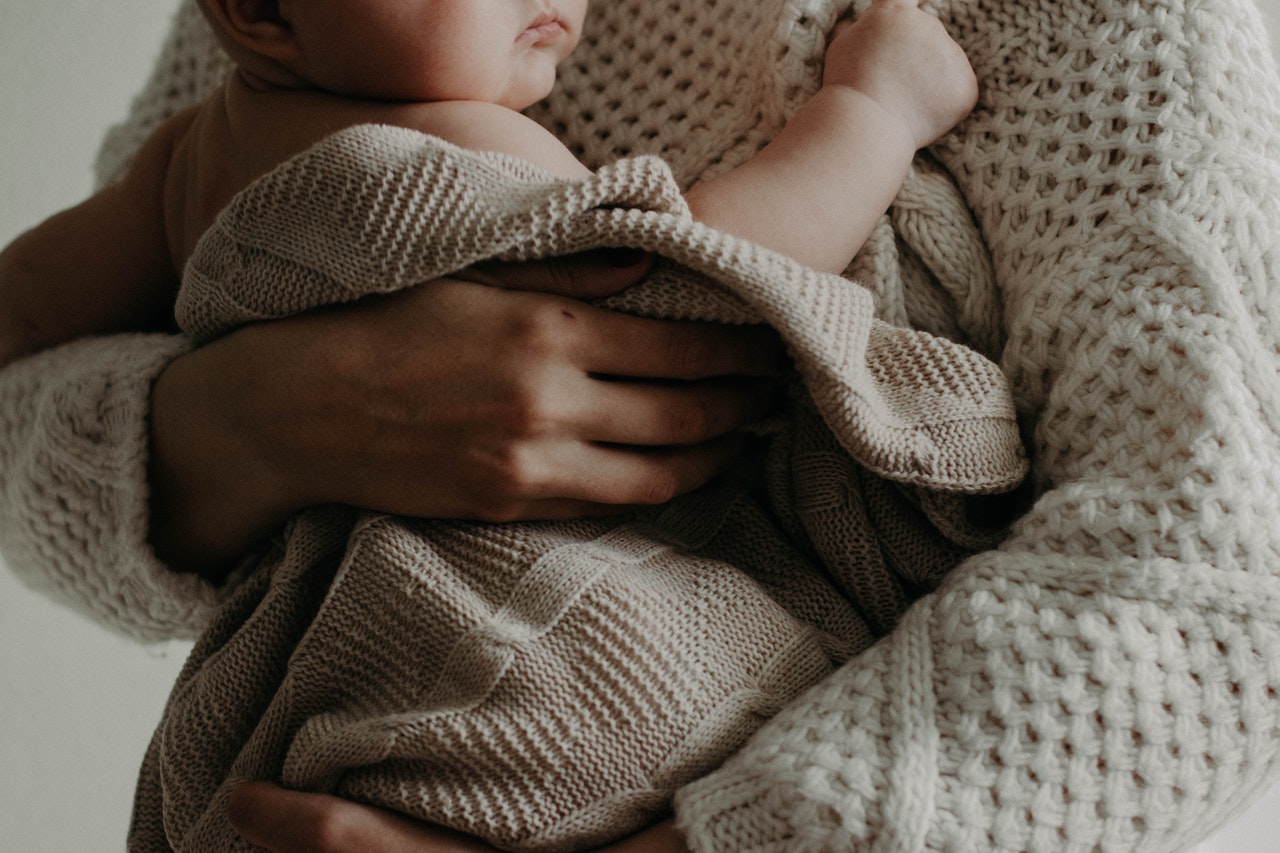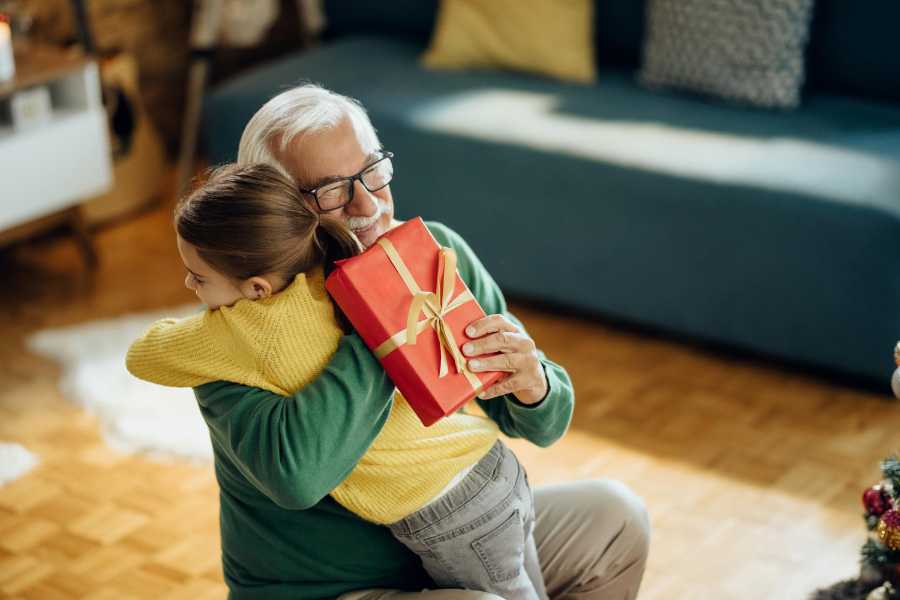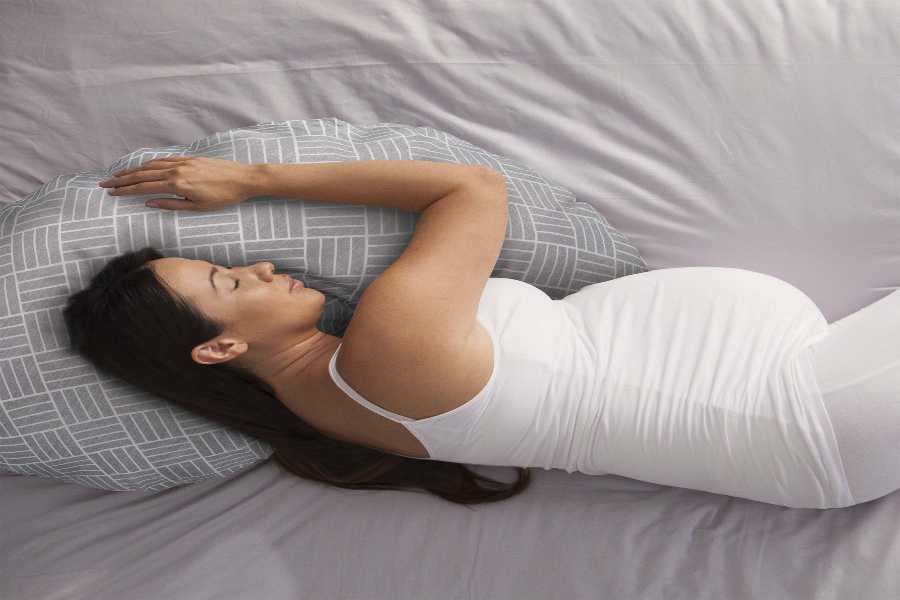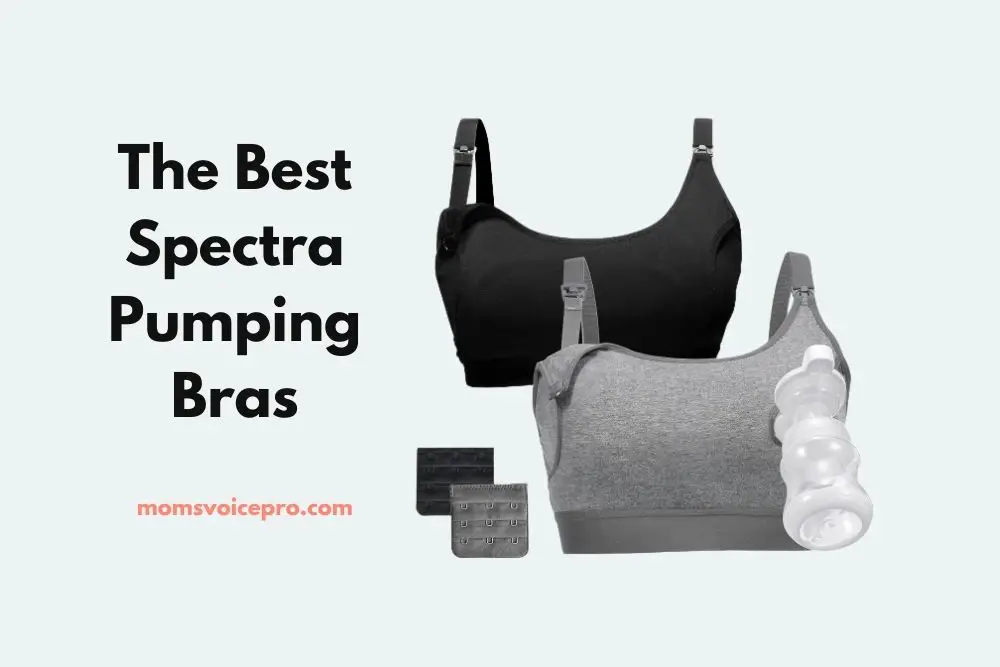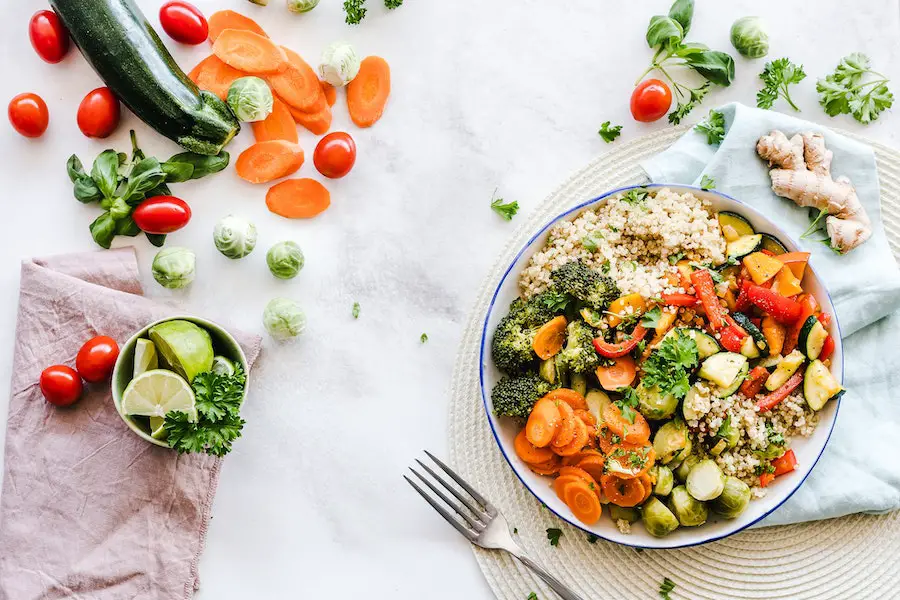Newborn Baby Safety Tips: Protect Your Newborn from these Common Accidents
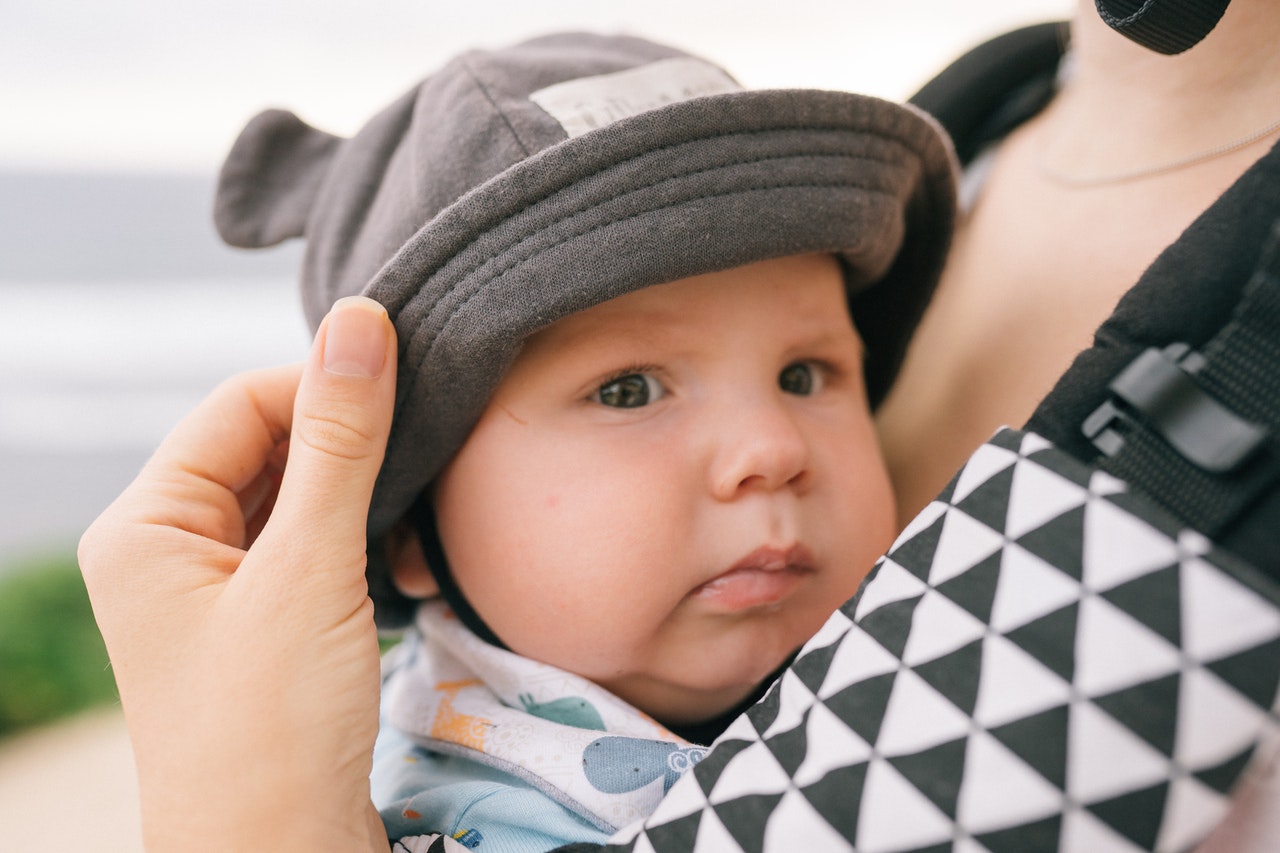
This article may contain links from Amazon and our partners. We may receive a small commission if you make a purchase through a link at no cost to you. Please read our disclosure policy.
Bringing your bundle of joy home is one of the happiest moments for a mom. You are excited you have added a new member to your family, and you vow to protect your child at all length. However, we know that life happens.
And one of the things that happen is accidents. From cuts and bruises to falls, the whole giddy-up happens. Some accidents are avoidable, while others are non-preventable.
Be that as it may, it is salient to take extra caution to avoid preventable accidents. As a parent to a newborn, it is even a lot more cardinal to take precautions to protect your baby from accidents. In this article, you are going to learn newborn baby safety tips you can use to protect your baby from common accidents.
1. Choking and Suffocation
Did you know, newborns explore the world around them using their mouth? They put their toys, clothes, and anything they can get a hold of into their mouth. Unfortunately, this makes them susceptible to choking. And did you know choking is the leading cause of fatal accidents among children under 1 year?
As a newborn parent, you, therefore, need to put extra precautions to prevent your child from choking. To do this, never leave small objects in the reach of your baby. When breastfeeding, hold your newborn in the cradle hold.
In this position, rest the head of the baby on the bend of your elbow, and have the baby latch on the breast. The cradle hold is the most comfortable position when breastfeeding as the baby cannot choke or suffocate. Once the baby has finished nursing, hold them up to burp to remove excess air.
To prevent suffocation while sleeping, lay your newborn on their back and not on their side. It will reduce the risk of sudden infant death syndrome (SIDS). While putting your baby in the crib, remove pillows, loose bedding, stuffed toys, or fluffy materials.
2. Falls
Newborns are always wiggling and pushing things against their feet. Do not underestimate these movements, as they can result in a fall. That being so, do not leave your newborn alone on the changing table, beds, or sofas.
Whenever you have to put your baby down, make sure you put them in the crib. They will be safer there, and you can do whatever you need to do and not worry about them falling. In case your child has a grave fall or is not acting normal after a fall, make sure you contact your doctor immediately.
3. Burns
When your newborn arrives home, make sure you reduce the water temperature in your home. Set your thermostat on the water heater to below 120 F (48.9C). Your aim should be to have your bath water at around 100F (38C).
When bathing your newborn, test the warmth of the water using your elbow. If it is hot, then cool it down to protect your baby from getting burnt. If it is warm to the elbow, then it is the right temperature for the baby.
To further prevent burns, do not cook, drink or hold hot foods or drinks while carrying your newborn. The hot food can slip and burn your child.
4. Car Injury
When taking your newborn home, make sure you have a car seat. Car accidents are an enormous threat to your child’s life and health. To protect your newborn, buy a car seat that they will ride in.
When purchasing it, make sure it meets all the safety regulations. To verify if the car seat is safe, look at the seat label and key in the product registration card.
Once you’ve made your purchase learn how to install the car seat before your baby arrives. Do not rely on how you bought it on the store display to guide you on how to secure the car seat. Do read the manual and follow all the instructions on how to install it.
If you cannot fix the car seat, look for a certified child passenger safety technician to help you install it properly. Lastly, be careful if you choose to use a secondhand car seat. Inspect it thoroughly to ascertain it is in good condition for reuse.
5. Poisoning
Did you know your home has so many poisonous things lying around? Yes. These include cleaning products, medicines, cosmetics, alcohol, perfume, and countless products that lay around in your house.
All these products are poisonous if swallowed by a newborn. So, store these products out of reach from your newborn. Another thing, if you live in an older house, have the paint tested for lead.
Lead poisoning can seriously affect your newborn. It causes slow growth and development, hearing and speech problems, damage to the brain and nervous system. If you find out your paint has lead paint, look for a contractor to get rid of it.
Also, stick to paint specifically crafted for cribs, bassinets, painted toys, toy chests, or high chairs when painting these children’s items. It will protect you from running into general-purpose paint that may have lead in it.
6. Smoke and Fire Safety
Be sure to place smoke alarms in every sleeping area in your home before the baby arrives. These alarms would go off in case a fire starts in the house when the baby is sleeping. Other than that, create a fire escape plan in case your house was to catch fire.
Practice your fire escape plan and designate one person in your family to get the newborn and small children out safely in case of a fire. Also, have a back plan in case the designated person is overwhelmed by smoke.
And Finally …
Thousands of cases of newborn baby accidents are reported every year. Unfortunately, deaths resulting from these accidents are higher than those caused by disease. The irony is that most of these accidents are preventable. With foresight and proper safety proofing, these accidents are avoidable. Be sure to use the above newborn baby safety tips to keep your baby safe and avoid accidents.
Sources: Women’s Health, Childbirth and Beyond: Newborn Care and safety, Jun 2019, Center for Disease Control and Prevention (CDC), Information on Safety in the Home & Community for Parents with Infants & Toddlers (Ages 0-3), Oct 2020, NHS UK, Baby and Toddle Safety, Feb 2019 and American Family Physician, Prevention of Unintentional Childhood Injuries, Dec 2006.
